The same things you do to treat sore muscles after exercise can help treat soreness after a massage
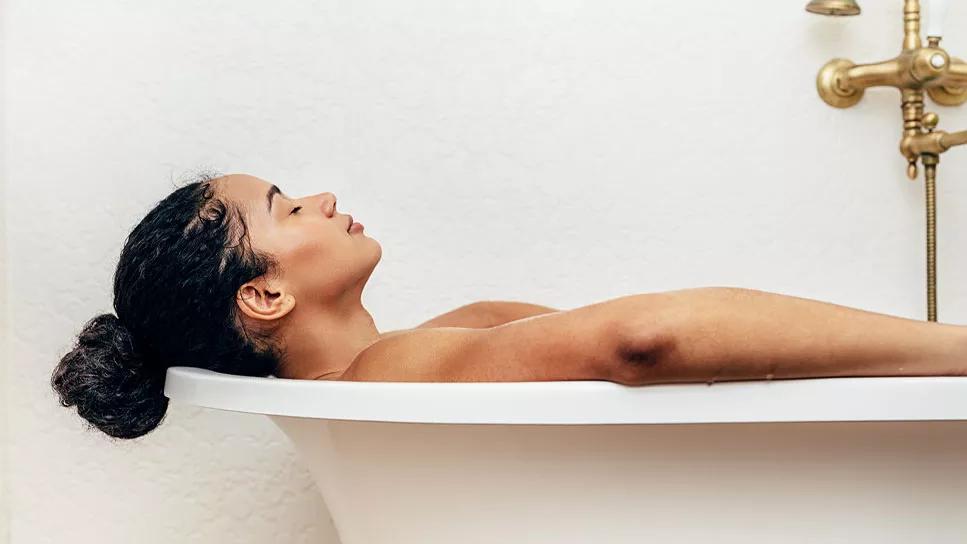
There are many benefits to getting a massage. When done properly by a professional, a massage can relieve pain, relax your muscles and help you feel calmer.
Advertisement
Cleveland Clinic is a non-profit academic medical center. Advertising on our site helps support our mission. We do not endorse non-Cleveland Clinic products or services. Policy
But you may feel a little less relaxed if you’re experiencing soreness after a massage and aren’t sure why. Massage therapist Victoria Bodner, LMT, CS, RM, breaks down what physical symptoms you may have after your massage and how to find relief.
Experiencing soreness or tight muscles is normal after a massage, especially if it’s been a while since your last massage or you’ve never had one. Bodner points out that this discomfort usually lasts a few hours to about a day and a half.
We feel sore after massages for the same reason we feel sore after a good workout, Bodner explains. “It forces blood into your muscles and helps bring in nutrients. This process can temporarily increase inflammation in areas that the body feels need attention.”
Some of the reasons you may experience soreness after a massage include:
Advertisement
In addition, some types of massages may cause more physical soreness than others. For example, a deep tissue massage focuses on specific muscle groups, which could lead to more soreness as deeper pressure is applied to the muscles.
Here are some tips on how to prevent or relieve muscle soreness after a massage:
Just like you would hydrate after a workout, you should do the same after a massage. Aim to drink water before and after your massage session to reduce soreness. Hydration also helps maintain the suppleness of the muscles and supports their healing process.
Engaging in light stretching routines after a massage session can help ease muscle tension and soreness. Stretching enhances flexibility and promotes blood circulation, aiding in the recovery process. Focus on gently stretching the areas that feel particularly sore or tense. However, it’s essential to proceed gently to avoid causing further irritation or strain to your muscles.
Immersing yourself in a warm bath or taking a hot shower can provide soothing relief to sore muscles after a massage. The warmth helps relax your muscles and alleviate discomfort. You can also add Epsom salts to your bath, as they contain magnesium, known for its muscle-relaxing benefits.
Applying ice packs (wrapped in a towel or washcloth to protect your skin) or a heating pad to the sore areas can encourage increased blood flow and reduce discomfort. Heat therapy helps relax tense muscles and can relieve stiffness, while cold therapy can help reduce inflammation and numb the area.
Now isn’t the time to jump into an intense workout. Especially if you’re new to massages, you should allow your body enough time to rest and recover. Avoid engaging in any challenging physical activities that might stress your muscles even more. Resting allows your muscles to relax and helps your body fully benefit from the massage therapy.
In certain cases, nonprescription pain relievers such as ibuprofen or acetaminophen can be used to alleviate soreness after a massage. But you should consult a healthcare provider before taking any medication, especially if you have underlying health conditions or are taking other medications. These pain relievers can help manage discomfort, but they should be used cautiously and as directed.
Engaging in gentle physical activities like walking, light stretching or practicing gentle yoga can aid in promoting blood circulation without exerting excessive strain on the muscles. Light exercises help prevent stiffness and encourage the release of endorphins, the body's natural pain relievers, assisting in reducing soreness.
Advertisement
While soreness after a massage is usually nothing to worry about, it’s important to communicate with your therapist so you can get the most benefit from your massage.
“If a technique does not feel therapeutic to you, but simply feels like pain, please speak up,” encourages Bodner. “We can make adjustments and we may be able to detect a problem area, but we cannot feel the intensity of your pain response.”
You should see a healthcare provider if you’re experiencing intense soreness after a massage for longer than a couple of days. If you have any past injuries, fractures or underlying conditions, be sure to discuss this with the provider and massage therapist so they’re fully informed. This way, you can get a massage that works best for your body and overall health.
The best thing you can do to prevent post-massage soreness is to communicate with your massage therapist. They might suggest specific techniques for relief or adjust future sessions accordingly.
You should also tell your massage therapist about your medical history, changes to medications, allergies and recent illnesses. Each of these may factor into the massage techniques used and your body’s response to them.
“Many massage therapists are trained in multiple techniques that range in pressure and timing,” shares Bodner. Let them know about any areas that are sensitive or extra tender. “Our main goal is to help you feel better.”
Advertisement
Advertisement
Learn more about our editorial process.
Advertisement

Medical massage is tailored to your health needs to help you recover

By focusing directly on your pain points, you may find short- and long-term relief with this type of massage

This treatment may reduce stress, relieve pain and allergy symptoms, and help with sinus pressure
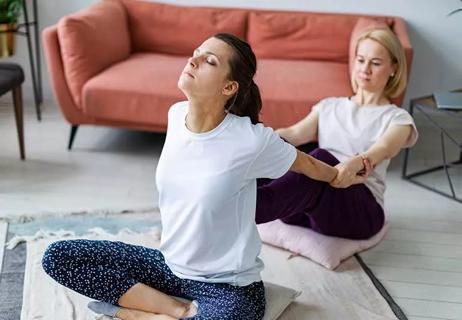
Focused on stretching and yoga poses, it can increase flexibility and ease back pain
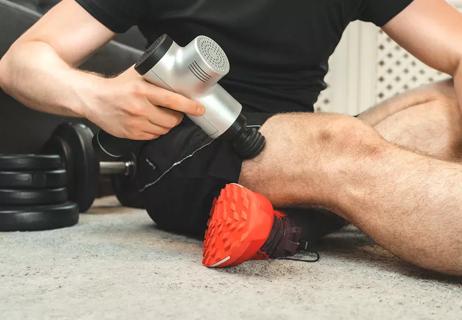
These percussive devices can help relax muscles when seeing a masseuse isn’t an option
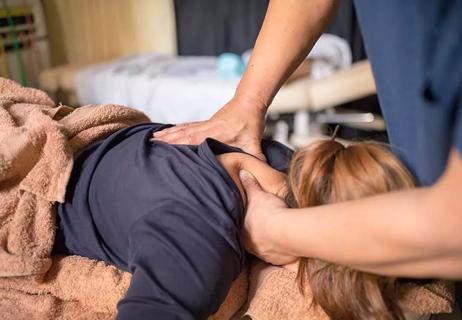
A whole-body practice that undoes the effects of gravity and repetitive motions
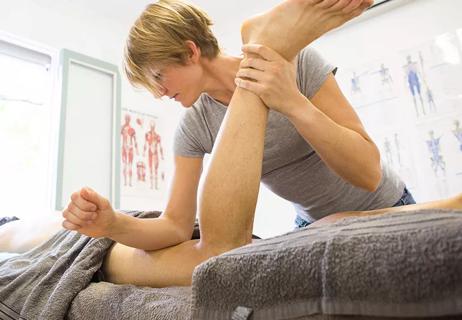
A massage can release stress, soothe muscles and alleviate pain

Wearing a scarf, adjusting your outdoor activities and following your asthma treatment plan can help limit breathing problems

Your diet in the weeks, days and hours ahead of your race can power you to the finish line

When someone guilt trips you, they’re using emotionally manipulative behavior to try to get you to act a certain way